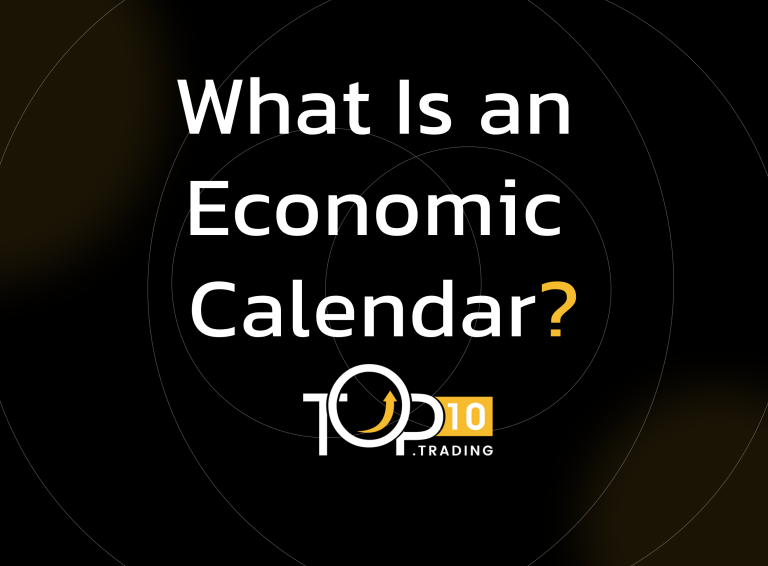Economic Calendar Definition

An economic calendar is a schedule of upcoming economic events, data releases, and announcements that have the potential to impact financial markets. It lists the dates and times of key reports such as employment figures, GDP growth, inflation data, central bank meetings, and other significant economic or political events. Traders and investors use the economic calendar to anticipate market-moving events and plan their trading or investment strategies accordingly.
Key Takeaways
- An economic calendar is a tool listing scheduled economic and political events that can influence financial markets.
- It helps traders and investors anticipate market-moving events and plan their strategies.
- Events are categorized by expected impact, timing, and country, providing essential context for decision-making.
- Using the economic calendar effectively can improve trade timing, risk management, and fundamental analysis.
- It is valuable for all market participants, from short-term traders to long-term investors.
How the Economic Calendar Works
The calendar provides detailed information about each event, including:
- The date and time of release.
- The country or region the event pertains to.
- A brief description of the event or report.
- Historical data for comparison.
- Market expectations or consensus forecasts.
- An indicator of the expected market impact (e.g., low, medium, or high volatility).
By monitoring these scheduled events, market participants can prepare for potential price volatility and adjust their positions to manage risk or capitalize on opportunities.
Why Traders and Investors Use the Economic Calendar
- Plan Trades: Knowing when major economic data or central bank decisions are released helps traders time entries and exits.
- Anticipate Volatility: High-impact events often cause sharp price movements, creating trading opportunities or risks.
- Fundamental Analysis: The calendar supports analysis of economic health and trends, influencing long-term investment decisions.
- Risk Management: Traders can avoid or hedge positions ahead of uncertain or potentially disruptive announcements.
Common Events on an Economic Calendar
- Employment reports (e.g., U.S. Nonfarm Payrolls)
- Gross Domestic Product (GDP) releases
- Inflation data (Consumer Price Index, Producer Price Index)
- Central bank interest rate decisions and policy statements
- Consumer confidence and sentiment surveys
- Trade balance and manufacturing indices
- Political events such as elections or geopolitical developments
- By integrating the economic calendar into their workflow, traders and investors gain a strategic advantage in navigating market volatility and making informed decisions based on upcoming economic developments.
